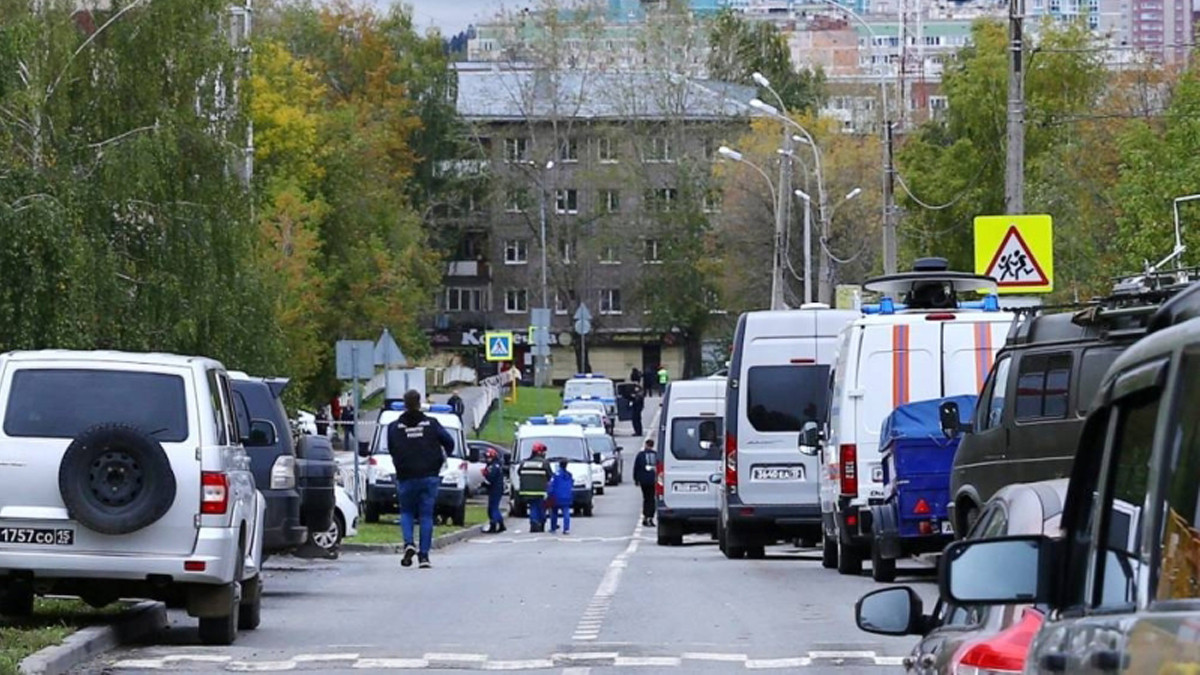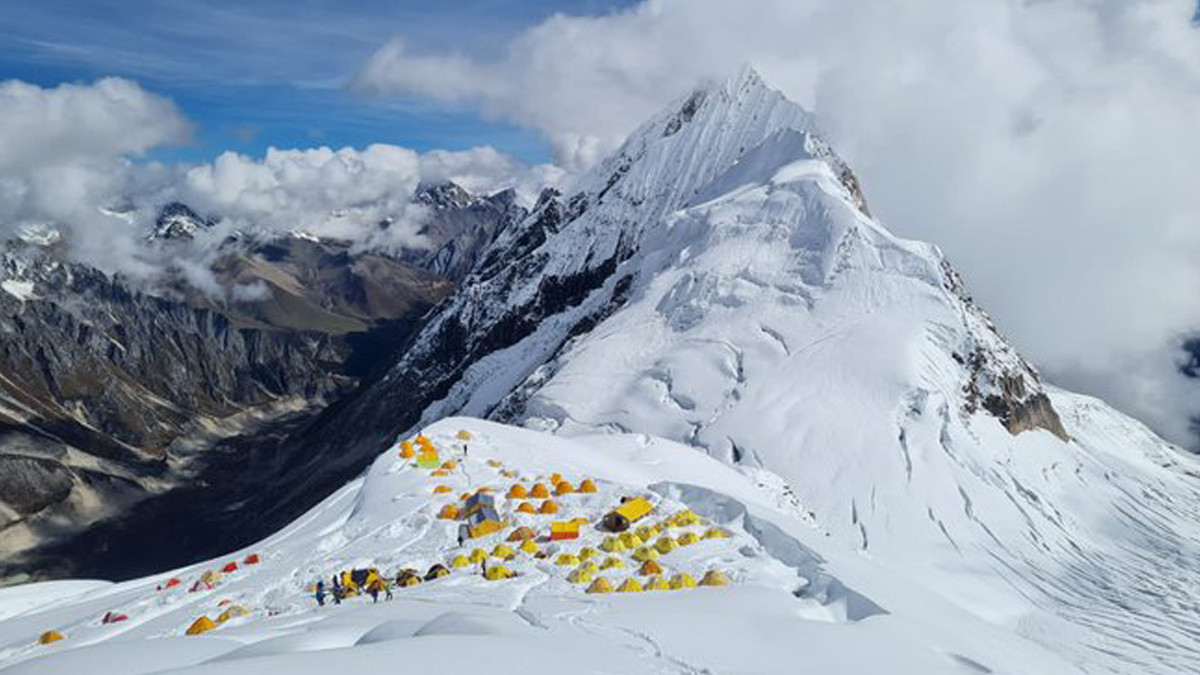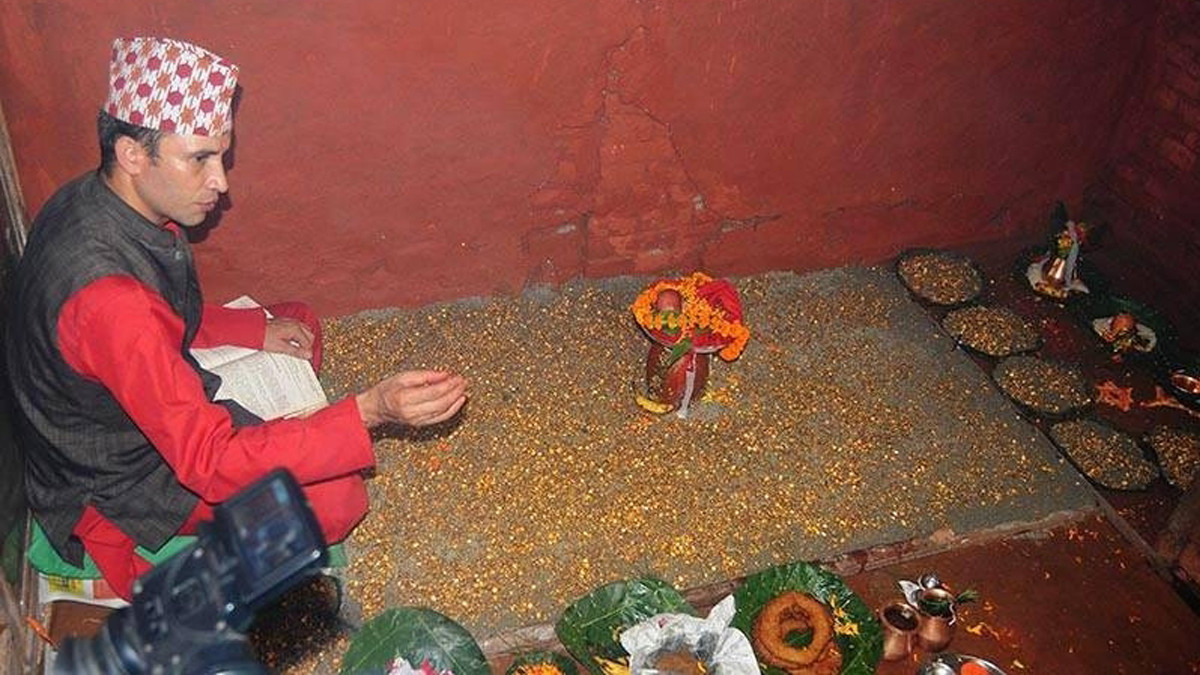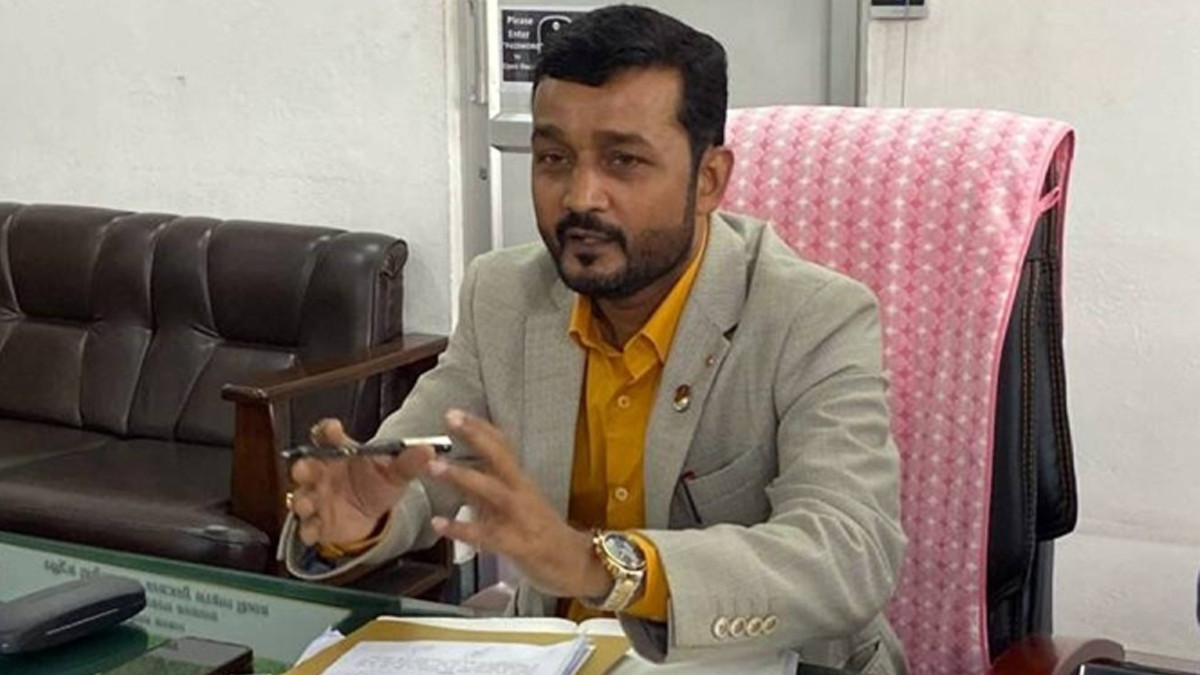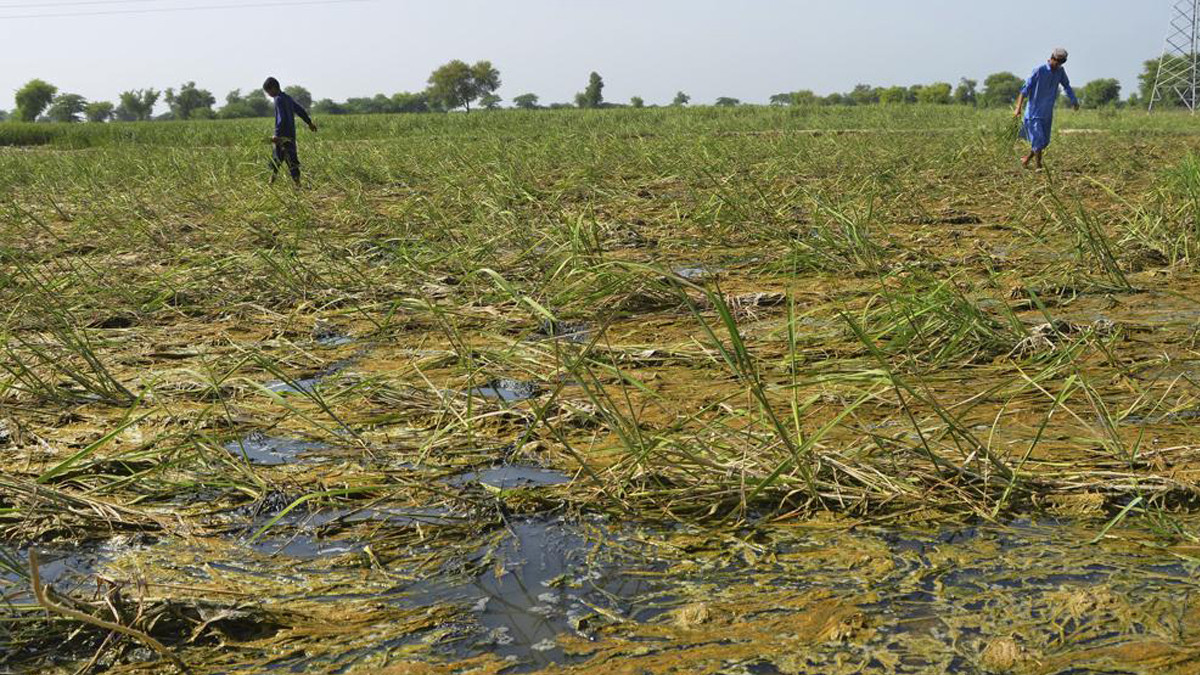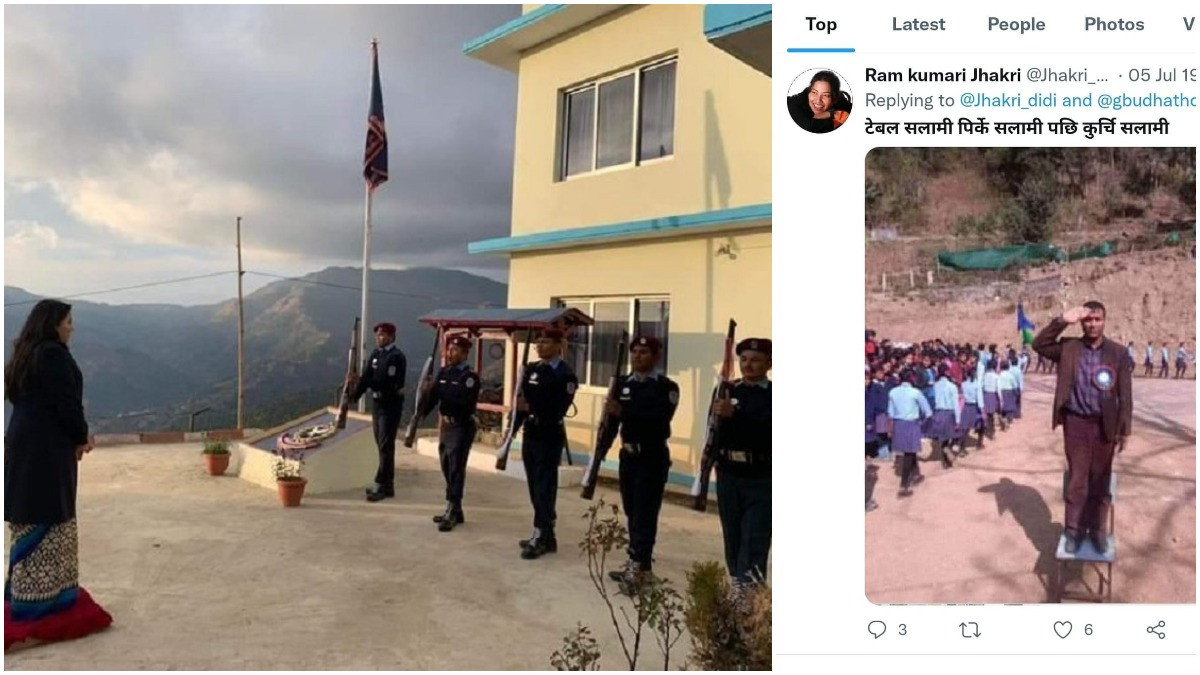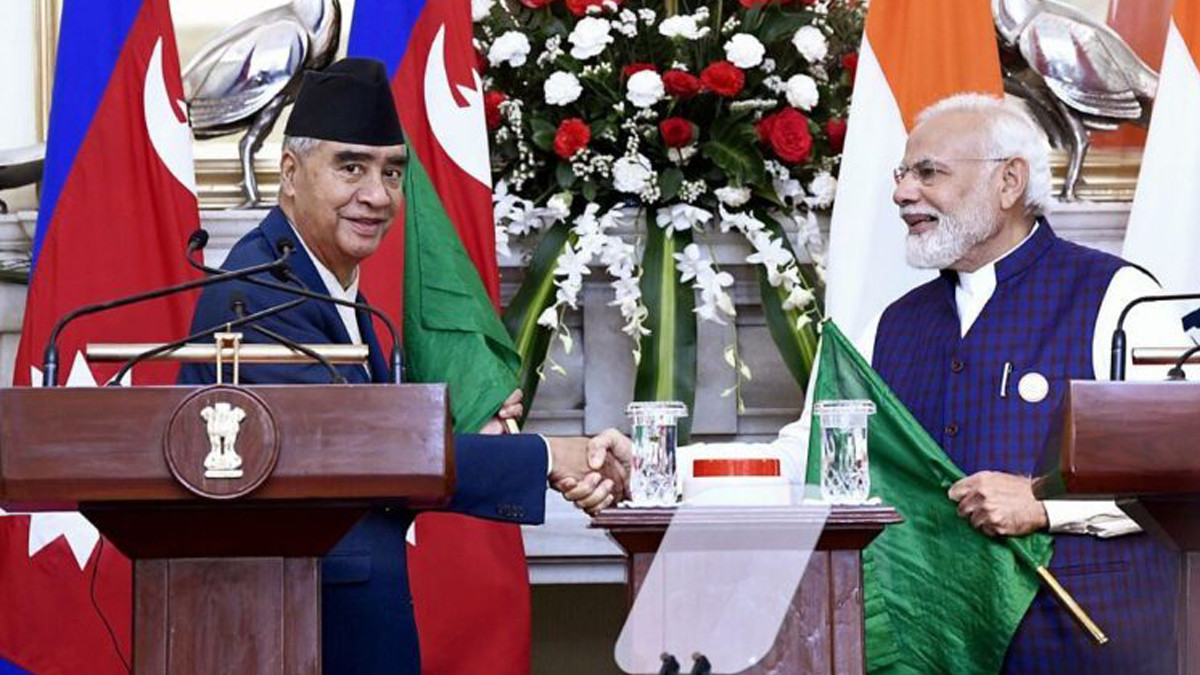
Regardless of a number of challenges plaguing the bilateral relationship of late, India and Nepal are all set to improve their bilateral commerce and transit ties underneath which Kathmandu will probably be given entry to a few of the key Indian ports together with enhanced attain for its agriculture produce, ThePrint has discovered .
Below its ‘Neighborhood First’ coverage, the Narendra Modi authorities have determined that it’ll now enable Nepal to export and import items from two of India’s strategic ports — Mundra Port in Gujarat and Dhamra Port in Odisha — underneath the but-to-be revised transit treaty, negotiations for that are occurring, diplomatic sources informed ThePrint.
Such a move, according to sources, will not only give Nepal enhanced entry into the Indian markets but will also enable Kathmandu to use India as a gateway to access other markets in Southeast and Central Asian regions, said a source, who wished to not be identified.
This has been a long-pending demand by Nepal, which had been pushing India for such an upgradation in both the trade as well transit treaties that were signed decades ago.
The agreement was initially finalized as ‘The Treaty of Trade and Transit’ that was signed between the friendly neighbors in September 1960. Thereafter, in 1978, the treaty was split into two — trade and transit.
Both these treaties get automatically renewed every seven years. The last time these two treaties were reviewed was in October 2016, without any changes.
The trade treaty allows Nepal unilateral duty-free access to the Indian market even as India remains Nepal’s largest trading partner. However, Nepal continues to complain that it has not been able to penetrate the Indian markets for its goods due to various non-tariff barriers.
Since 2016, Nepal has been pushing India to make “significant” changes to the treaty even as it continues to bat for upgrading the 1950 treaty of peace and friendship that address all issues under the entire gamut of bilateral ties between New Delhi and Kathmandu, including upgradation of the trade and transit agreements.
In 2020, during the India-Nepal Inter-Governmental Committee (IGC) meeting — the highest bilateral mechanism for the promotion of trade and investments between both countries — it was decided that the bilateral transit treaty will be amended.
At that time, it was also decided that the government-owned cargo railway services will be opened to private operators too, and using the Nepal railway for trade purposes will be allowed.
Ranjit Rae, the former Indian envoy to Nepal, told ThePrint, “We should have an ‘open ports’ policy for not just Nepal but also for Bhutan, and not have a piecemeal approach. Just as the ‘open skies’ policy, we can have an ‘open ports’ policy too, so that some of our friendly neighbors can use whichever port they want to.”
Rae, author of Kathmandu Dilemma: Resetting India-Nepal Ties, also said that while some supporting infrastructure is definitely required to enable the neighboring countries to use all the ports of India, it will also integrate them into the Indian economy which will be strategically beneficial for New Delhi.
Currently, Nepal is allowed to use only the ports of Kolkata and Visakhapatnam.
Constantino Xavier, a fellow at the Centre for Social and Economic Progress (CSEP), said, “These initiatives reflect the growing maturity of the bilateral relationship focused on economic interdependence and connectivity.”
“In the past, especially until the 1990s, the revision of the agreement used to be a contentious process, with India often weaponizing trade and transit to pursue its political and security interests in Nepal. But in recent years, it is India that has been either pushing or conceding to Nepali demands, which reflects Delhi’s growing interest in strategic connectivity,” he adds. The Print

